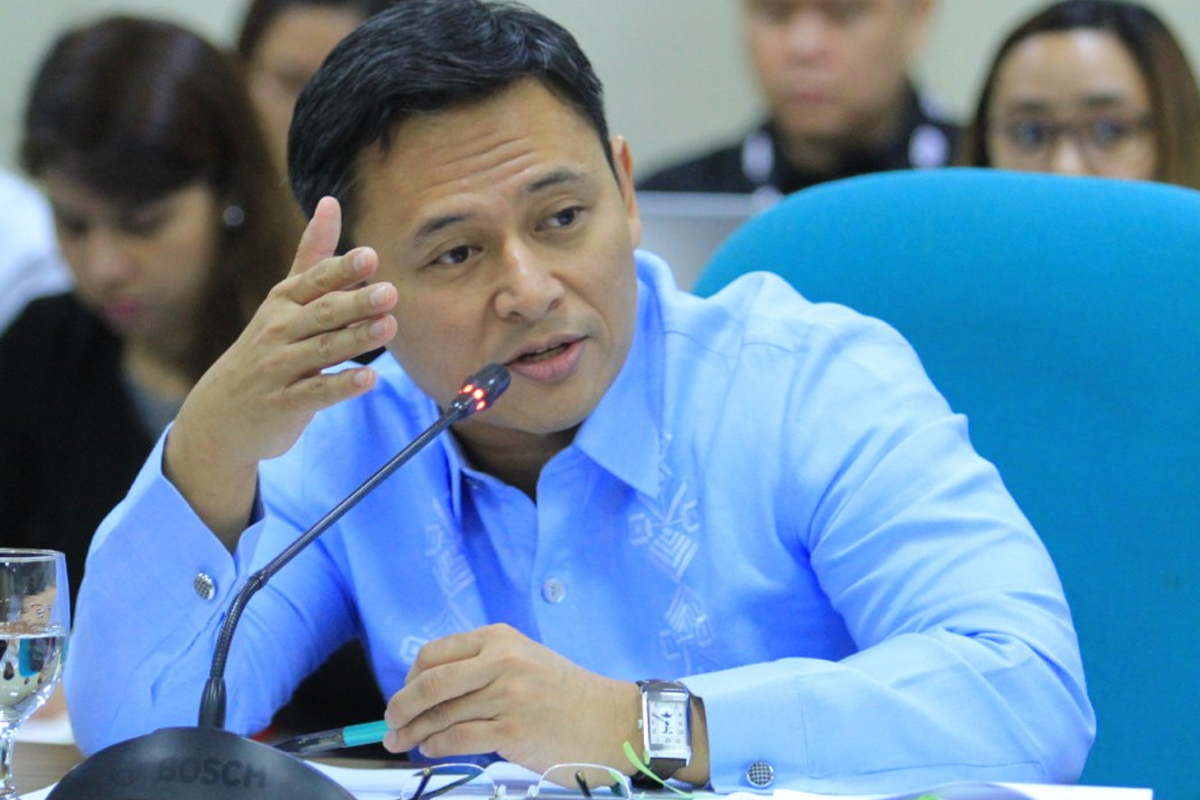ECONOMIC COMPLEXITY KEY TO PROSPERITY — SENATOR
SENATOR Juan Edgardo ‘Sonny’ Angara believes that the Philippines can be more prosperous and move up the ladder of economic complexity if it will be able to fully tap its resources.
In his lecture for students of Standford University’s Public Policy Program, the senator cited the country’s improving ranking in economic complexity.
In the past six decades, Angara noted how the Philippines transformed from a country that ships out primarily agricultural products to one that produces and exports more complex products, particularly in the electronics sector
Angara took note of how the Philippines jumped 10 spots in the Economic Complexity Index, from number 45 in 2008 to number 35 in 2018.
The ECI, which is part of the Atlas of Economic Complexity developed by Harvard University’s Ricardo Hausmann and MIT’s Cesar Hidalgo, outlines the productive capabilities of a country based on what it exports.
Countries that are able to produce more diverse, complex and uncommon products score higher in the ECI and consequently, grow at a faster pace than those with a smaller export basket, including rich nations that rely heavily on their natural resources such as oil.
“The Philippines ranked 35th, which is not bad, considering that the ranking places us 4th in ASEAN behind only Singapore, 5th; Thailand, 22nd; and Malaysia, 26th; and ahead of countries like Canada, 39th; India, 42nd; and New Zealand, 54th. We’re recognized as a regional leader, suggesting that we must have been doing something right,” Angara said.
In 2018, the GDP per capita of the Philippines was at $3,102, growing at an average of 4.8 percent over five years.
“Because economic complexity describes the productive knowhow or knowledge embedded within a country’s productive structure, it has a strong correlation with the income per capita that the country is able to generate. Complexity is not only an outcome of prosperity—it is in fact a driver of it,” Angara said.
While the Philippines has made significant strides in economic complexity, it still has a long way to go before it can reach the level of productivity and growth that will result in better opportunities and prosperity for its people, he said.
According to Angara, one of the biggest challenges that the country faces is how to keep its skilled workforce from going overseas.
“In the case of the Philippines, our domestic capability is bleeding out because our biggest export is in fact our people. It is said that there are at least 10 million Filipinos working overseas primarily because job opportunities at home are scarce or not lucrative enough to earn a decent living,” the senator said.
In 2019, Angara came up with the Tatak Pinoy initiative to find ways of helping Filipino industries and professionals become more globally competitive.
“We envisioned that through this initiative, the country may eventually produce and export more complex, high-value products and services; encourage more investment; and create more job opportunities at home for Filipinos so they don’t have to leave anymore for greener pastures abroad,” he said.
In February last year, Angara convened a public hearing attended by a diverse set of stakeholders to discuss the Tatak Pinoy initiative and how it can be implemented as a national policy.
Among the major themes that emerged during the hearing was the need for the country to undertake a major upskilling effort to match the new demands of the Fourth Industrial Revolution.
Emphasis was also given to the need to introduce major reforms in basic education, particularly to put more focus on science, technology, engineering and mathematics.














